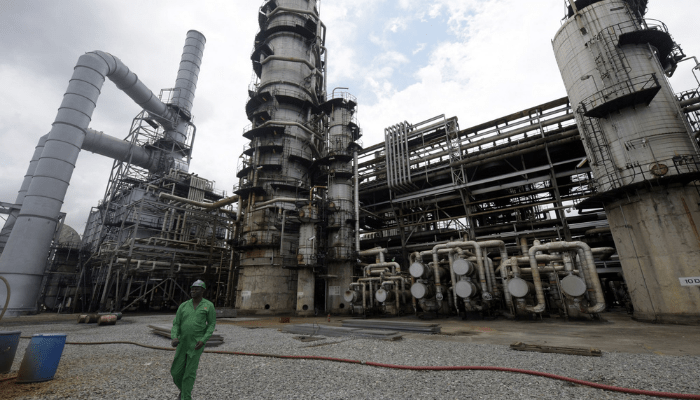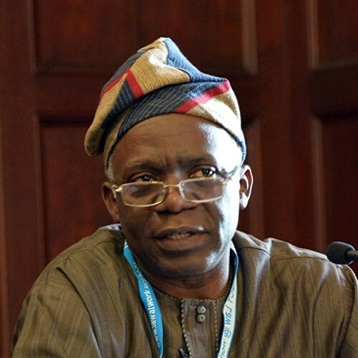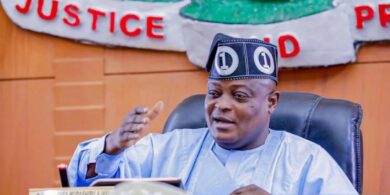
Senior Advocate of Nigeria, Femi Falana, has alleged that former President Umaru Yar’Adua reversed the sale of the Port Harcourt Refinery to a consortium led by business magnate Aliko Dangote because the transaction did not follow due process.
Former President Olusegun Obasanjo, in a recent interview on Channels Television, disclosed that in 2007, a consortium offered $750 million to manage both the Port Harcourt and Kaduna refineries, but the proposal was rejected by the Nigerian National Petroleum Corporation.
Obasanjo also revealed that Shell Petroleum Development Company, when approached to take over the refinery, declined due to concerns over corruption that could impede operations.

In a statement released on Friday, Falana explained that the reversal of the sale was essential to address legal and ethical violations and protect Nigeria’s national interest.
He highlighted that, under the Privatisation and Commercialisation Act, the Vice President serves as the chairman of the National Council on Privatisation, which oversees the privatisation of public enterprises. However, Obasanjo allegedly bypassed this process by sidelining then-Vice President Atiku Abubakar and directly handling several privatisation deals.
-
Man kills his cousin over ₦1,000 burial contributionDec 22, 2025
Falana also claimed that the consortium involved in the refinery purchase—Bluestar Oil—comprised Dangote Oil, Zenon Oil, and Transcorp. He further stated that Obasanjo had acquired significant shares in Transcorp through “blind trust,” raising questions about the legality and morality of the transactions, many of which were completed in the final days of his administration.
Falana detailed that on May 17, 2007, Obasanjo sold a 51% stake in the Port Harcourt Refinery to Bluestar Oil for $561 million. Similarly, on May 28, 2007, 51% shares in the Kaduna Refinery were sold to Bluestar for $160 million.
These sales sparked widespread criticism from key stakeholders, including the National Union of Petroleum and Natural Gas Workers (NUPENG) and the Petroleum and Natural Gas Senior Staff Association of Nigeria (PENGASSAN), who alleged that the transactions undervalued the refineries and violated due process. For instance, they claimed the $561 million paid for the Port Harcourt Refinery was far below its actual value of $5 billion.
In June 2007, the unions staged a four-day strike that nearly crippled the economy, demanding an investigation into the deals. The Federal Government assured them that the transactions would be reviewed. Subsequently, President Yar’Adua annulled the privatisation of both refineries.
Falana emphasized that the reversal of the sales was never legally challenged, as they were deemed to have violated the Privatisation and Commercialisation Act. He concluded that the unions’ intervention and Yar’Adua’s decision helped safeguard the national interest.









